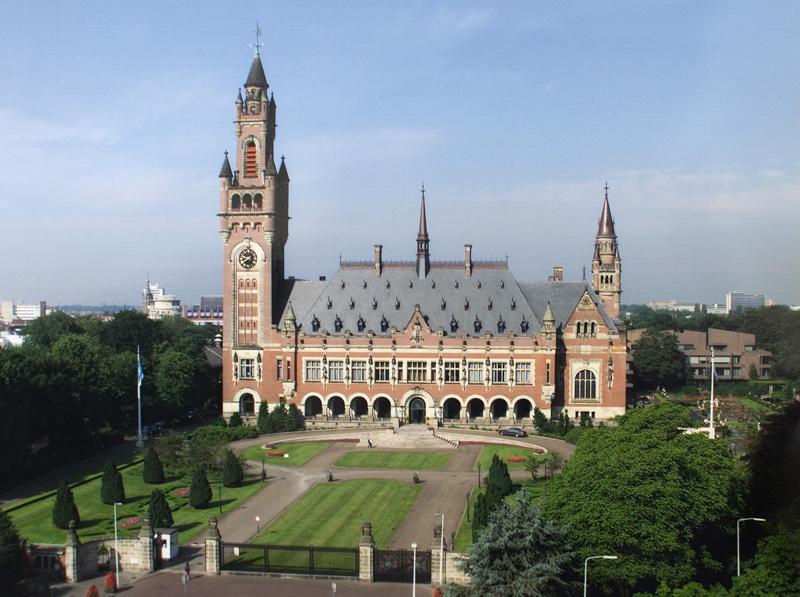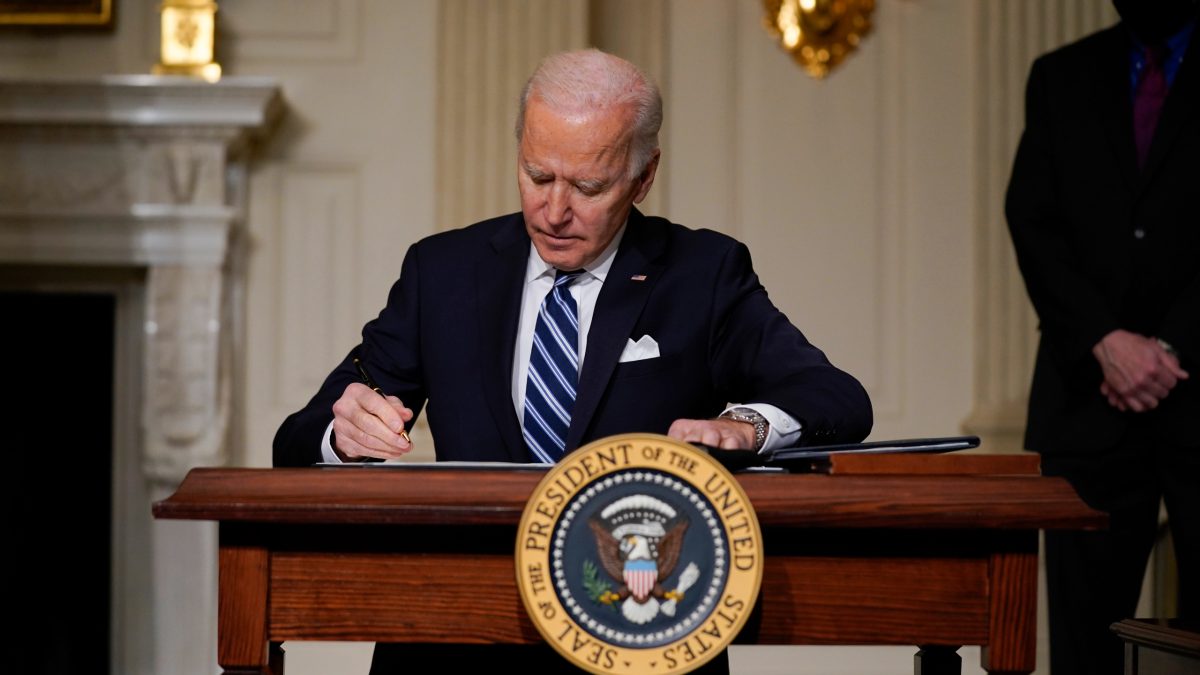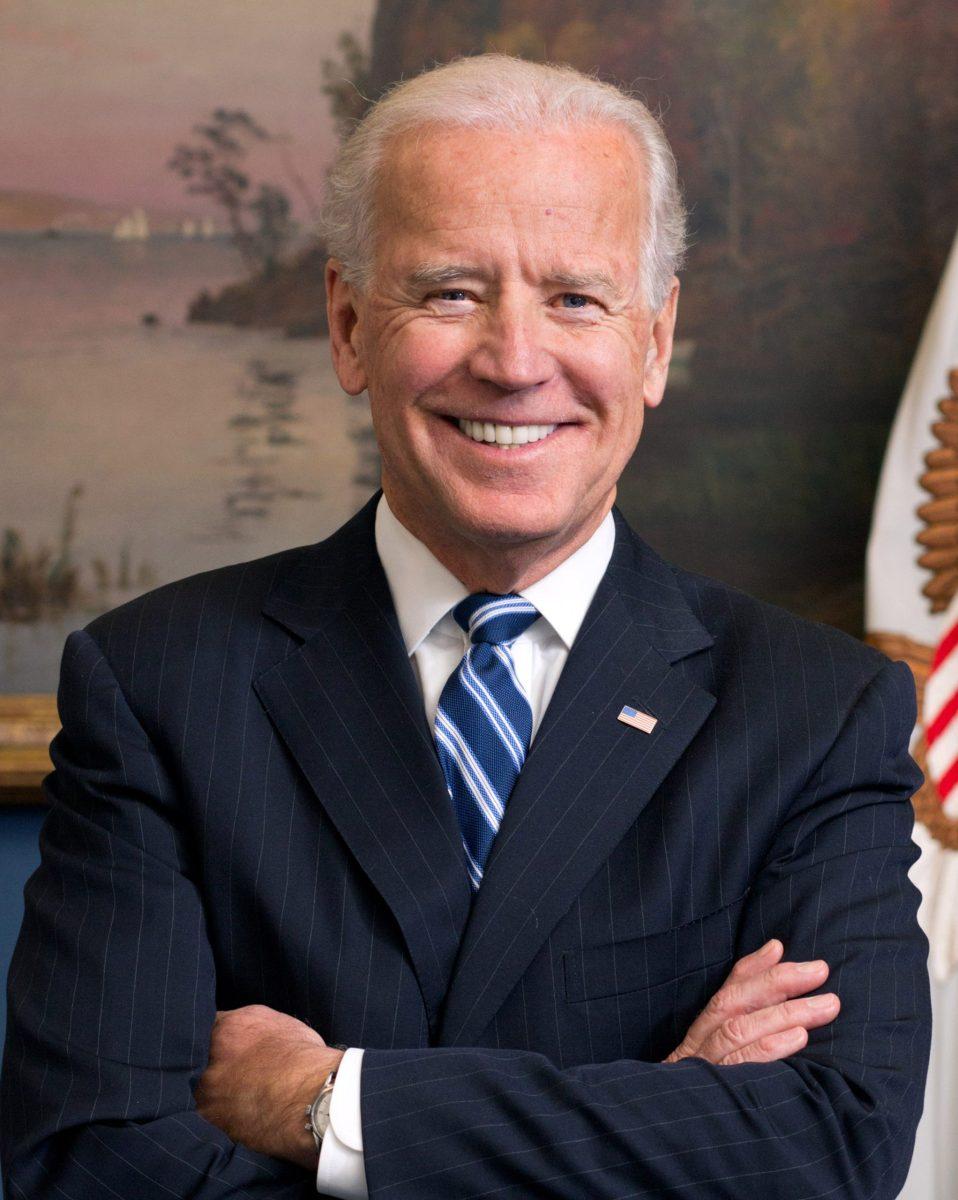Christoph Flügge, a senior judge at the international courts in The Hague, Netherlands, set off a storm of controversy by resigning from his position, citing claims of extensive political interference by the United States and Turkey.
The Hague is the seat of international judiciary power. Home to the United Nations International Court of Justice (ICJ) and the International Criminal Court (ICC), the city provides a platform for the world to reach a consensus upon internationally accepted standards and to provide channels for resolving disputes peacefully. The Hague is the international community’s mediator and watchdog.
For instance, last February the ICJ ruled that Nicaragua must pay reparations to Costa Rica for violating its border agreements, and the ICC recently cleared the former president of Côte d’Ivoire of accusations of war crimes brought against him by the Democratic Republic of the Congo.
The new allegations brought by Flügge assert that the United States and Turkey have degraded the processes of these courts by bullying the international judiciary into turning a blind eye. When the ICC began investigating U.S. military conduct in Afghanistan, national security adviser John Bolton delivered a fiery speech in September threatening to use “any means necessary to protect our citizens and those of [sic] our allies from unjust prosecution by this illegitimate court.”
The United States’ contentious relationship with the judiciary stretches back to the 1986 ICJ caseNicaragua v. United States. The International Court of Justice ordered the US to pay reparations to Nicaragua for violating international law by sponsoring terrorist rebels. However, the US contested that the Court had no jurisdiction over the matter. UN Ambassador Jeane Kirkpatrick called the Court a “semi-legal, semi-judicial, semi-political body, which nations sometimes accept and sometimes don’t.” Since then, the U.S. has refused to recognize Court rulings as compulsory and accedes to them only on a case-by-case basis.
Bolton’s remarks reflect this sentiment thirty years later: “We will let the ICC die on its own. After all, for all intents and purposes, the ICC is already dead.”
In response to these statements, Flügge responded: “The American security adviser held his speech at a time when The Hague was planning preliminary investigations into American soldiers who had been accused of torturing people in Afghanistan. The American threats against international judges clearly show the new political climate. It is shocking. I had never heard such a threat.”
Additionally, Flügge cited interference by Turkey’s government as reasons for his resignation. The Turkish government accused the sitting UN judge Aydın Sefa Akay of links to a failed coup attempt, allegations which Flügge calls “baseless.”
“We, the other judges, immediately protested,” Flügge said. “But his tenure was nevertheless not extended by the UN secretary-general. And with that, he’s gone.” Power plays like those of the United States and Turkey have set a precedent for undermining the international justice system, he argues.
Nikitha Pappachen, a biology major considering a minor in global studies, says that when she visited the NYC UN Headquarters last year, she observed firsthand that United Nations’ investigative and humanitarian efforts often lack real strength. “They don’t really have enough members to maintain a core system. In the current state, it probably wouldn’t be a good idea to give the UN court full jurisdiction. But in the long run, if they were to develop a proper system, I think it could be really good to have them investigate these crimes objectively.”
The Peace Palace in The Hague, Netherlands, home to the Permanent Court of International Justice. Photo via Creative Commons































